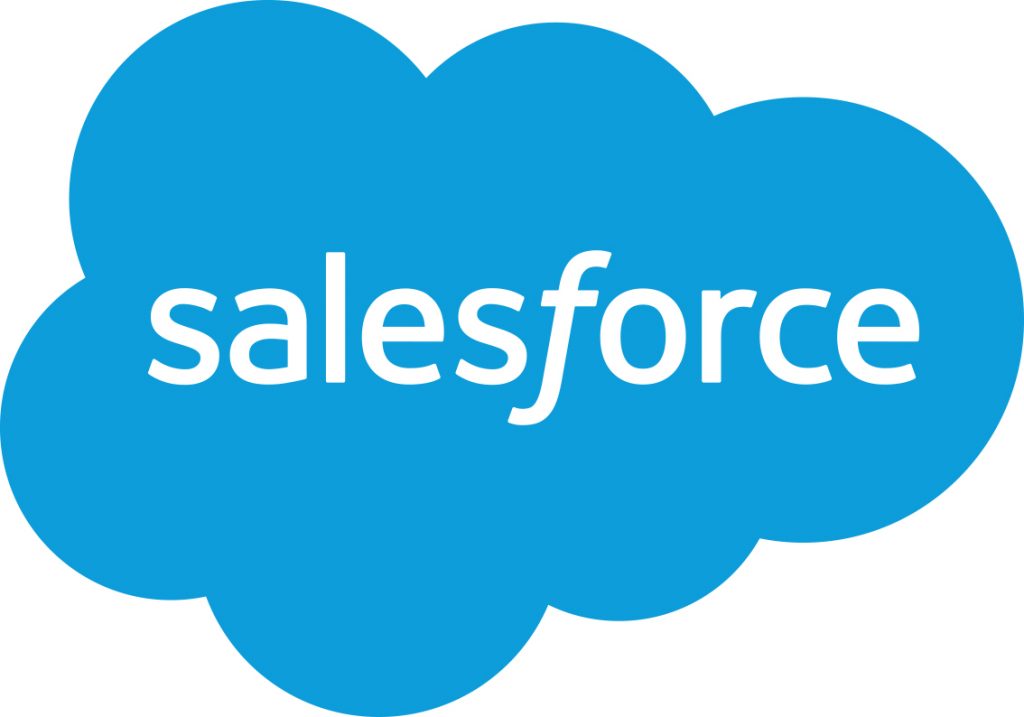ELLE Extra
Why It’s Time to Redefine Workplace Equality in 2022
Three women leaders on how to create meaningful change
by : ELLE Canada- Apr 11th, 2022
Is there an aspect of our lives that the pandemic hasn’t altered? The answer is decidedly no, but for women, the impact has been far greater. In fact, a 2020 report by RBC Economics showed that the pandemic has slashed women’s participation in the workforce from an all-time high to its lowest level in more than 30 years.
In the face of this crisis, companies have been called upon to take action. While many are making positive progress, like offering flexible working hours, there’s more work to be done to address the significant challenges faced by women and all underrepresented groups. According to a new survey by Salesforce Canada, one in three Canadian women have concerns about a “one-size-fits-all” approach to workplace equality.
That’s because female employees are facing unique challenges in the workplace. Their top three issues? According to the survey: balancing the role of caregiver and full-time employee, equal pay for equal work, and facing bias and discrimination.
Supporting equal participation of women in the workforce isn’t just the right thing to do, it’s also the smart thing. According to the Government of Canada, advancing gender equality in the workforce could add up to $150 billion to our gross domestic product (GDP).
“The evidence is clear — diversity helps fuel innovation and makes companies more profitable,” says Margaret Stuart, Country Manager, Salesforce Canada. “But many are still underpaid, underrepresented or exiting the workforce altogether. I want to be part of a leadership culture that challenges the systems and behaviours that have traditionally held women back.”
To bring about meaningful change, leaders must practise accountability, empathy and transparency.
Salesforce just released the findings of its seventh equal-pay assessment of its global workforce, resulting in $5.6 million spent to address any unexplained differences in pay among gender globally, and in race and ethnicity in the United States — amounting to a total of more than $22 million spent since 2015. They’re also now including ESG goals as part of executive compensation, and have introduced an Equality Mentorship program that pairs employees of colour with executive mentors to help them navigate their careers.
According to Tabatha Bull, President and CEO of the Canadian Council for Aboriginal Business, intersectionality is critical.
“Leaders must consider intersectionality into every facet of their workplace, ensuring that every employee has an equitable path to advancement based on their individual needs and circumstances,” she says.
Another brand leading the charge when it comes to equity? Roots. With women comprising the majority of its executive team, they are often used as a benchmark for other public companies in Canada when assessing the diversity of their senior team. Meghan Roach, President and CEO, says the company prides itself on taking a direct and honest approach to identifying and tackling issues impacting women from different backgrounds in the workforce.
“As leaders, we need to create a work environment where all women feel comfortable discussing issues and challenging the status quo. We encourage and normalize these types of conversations and try to create flexibility for our employees to fit different needs,” says Roach.
For Stuart, increasing representation is a priority. Throughout her career, she was often the only female in the room. That’s why she began a program at Salesforce Canada called In The Room. It’s designed to help women advance to more senior-level leadership positions within the company.
“I always ask the group a core question: ‘What would you do if you weren’t afraid?’ Oftentimes, we intuitively have the answer to this. Having the right community in place can empower women to find strength in vulnerability, and the courage to chart their own path.”
As one might expect, this kind of empathetic approach brings results. If 2022 has taught leaders one thing, it’s that companies of all sizes have a responsibility to use their business as a platform for change, and further equality for all.
Newsletter
Join our mailing list for the latest and biggest in fashion trends, beauty, culture and celebrity.
More from ELLE Extra
Read Next

Fashion
Are Fashion Brands Getting Greener?
While the fashion industry is making a lot of noise about being more sustainable, a closer look shows that its earth-friendly commitments are often more illusion than reality.
by : Marouchka Franjulien- Apr 19th, 2024

Beauty
What Beauty Packaging Is Actually Sustainable?
We sought out leaders in the field to help us get to the bottom of the blue bin once and for all.
by : Victoria Christie- Apr 19th, 2024

Culture
ELLE Escapes: Savannah
Where to go, stay, eat and drink in “the Hostess City of the South.”
by : ELLE- Apr 15th, 2024






